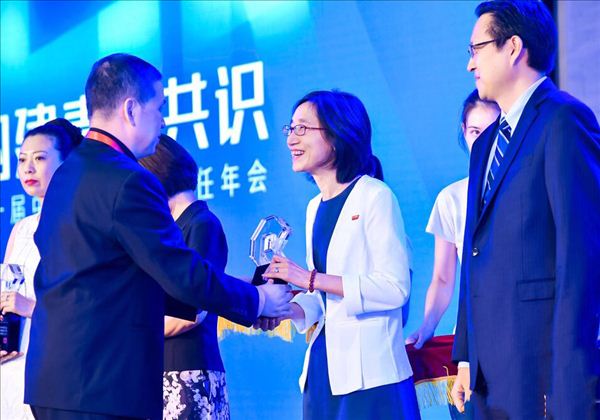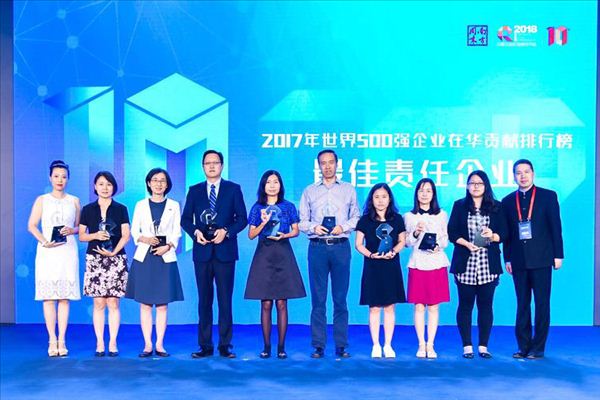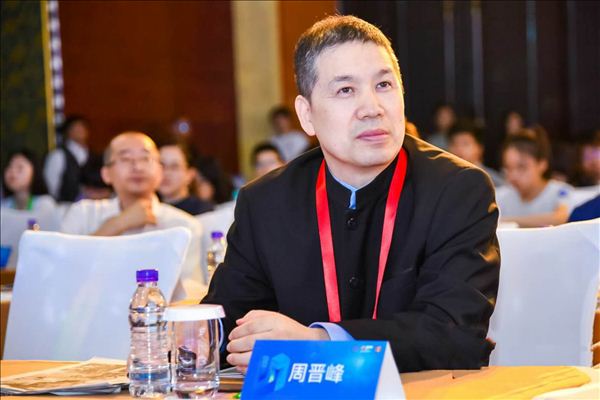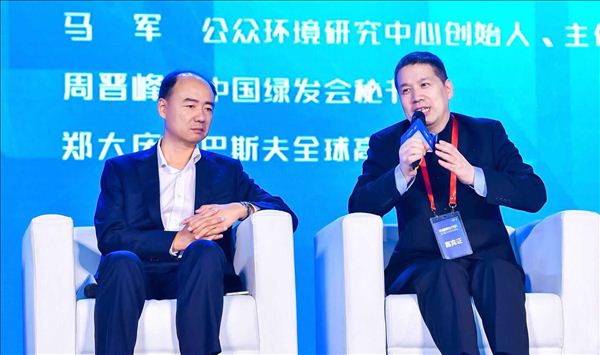On July 27, 2018, the 10th China Corporate Social Responsibility (CSR) Annual Conference hosted by Southern Weekly was held in Beijing. The conference was organized around the theme of “Building Responsibility Consensus”. Governments agencies, business representative, non-profit organizations and media personnel from home and abroad who are concerned about CSR, charity and social innovation are gathered at the scene. Dr. Zhou Jinfeng, the Secretary-General of CBCGDF, was invited to attend the event and awarded “Best Corporate Responsibilities Awards” to nine Fortune 500 companies including Volkswagen China, Intel, BASF, General Motors, Canon, Budweiser, BMW, Matsushita Electric Industrial Co., Ltd. and Toyota Motor Corporation. In the roundtable dialogue session before the awards, Dr. Zhou shared his views on “exploiting green values”.


Dr. Zhou pointed out that green products have a full life cycle and can called green products based on factors such as energy, environment, ecology and health. The concept of the full life cycle of energy and ecology just mentioned by the moderator is very good, and a green product needs to be counted from the beginning. Its production process, efficiency of use and proper disposal after use are all concepts of the green product life cycle. Therefore, whether it is bamboo products or plastics, we must pay attention to whether its early stage meets the standards, whether the production process produces pollution, whether it can obtain the whole process of recycling after production and recycle as much as possible to achieve the standard of low carbon emission reduction. Thereby archive the true green.

Dr. Zhou also pointed out that CBCGDF is committed to biodiversity conservation and actively participates in CFCC\FSC\MSC\RSPO certification to protect biodiversity, but some of the logos are not well recognized in domestic enterprises. Because many standards in China are formulated in the later stage, the difficulties in their implementation are as follows: First, the influence and role of China’s social organizations are relatively small. Second, the participation of all sectors of society in social organizations is weak; Third, Chinese companies are more difficult to implement government standards. However, this situation is also changing as more and more social organizations are learning and participating in some activities at home and abroad.
“Transforming awareness requires a process, but with more and more cognitive changes and public participation, I believe that standards will be better and better, and implementation will be smoother and better. I’d give a negative example which is the case of ‘the synthetic plastic running tracks’. We call it as the ‘toxic running tracks’. The production of the ‘toxic running tracks’ didn’t follow the correct environment indicators, resulting in the release of toxic gases, endangering the health of the public, especially school students. We expect through environmental public interest litigation (EPIL), more people are involved, because common communication is also an important part of standard setting.”

Dr. Zhou also stressed that as biodiversity conservation becomes an indispensable part of mankind’s promotion of eco-environment, and the loss of biodiversity has become a crisis for mankind. Therefore, we also advocate corporate social responsibility to pay attention to biodiversity conservation, and also advocate enterprises to establish progressive social responsibility and contribute to the whole mankind and the whole society.

(Photo source: CBCGDF)
In the dialogue sharing, Dr. Zhou also called on enterprises to pay attention to ecological poverty alleviation. He believes that enterprises that use the concept of environmental protection to drive the economy, practice the concept of ecological poverty alleviation, and pay attention to corporate social responsibility deserve more support and publicity, thus driving more enterprises to practice the true value of green.
(Note: This article is based on the live speech from the conference site, without the speaker's own verification.)
